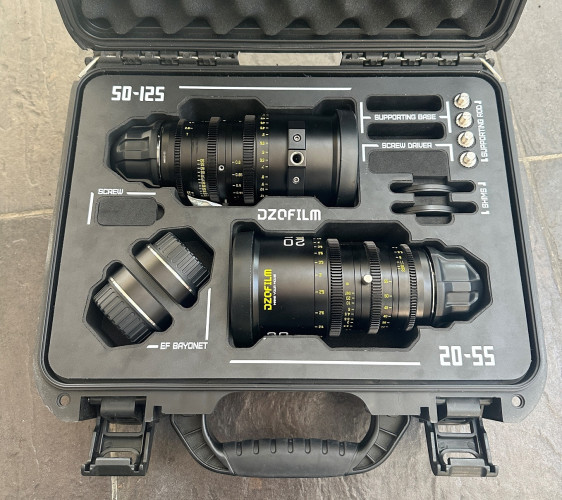by Leighton Chenery Issue 110 - February 2016
Are your employees protected while traveling abroad on business?
In a climate of growing global volatility it's no secret that travel risks have increased as we've seen with sad frequency in recent years. When things go wrong in a foreign country they can go very wrong and it can expose employers to major legal, reputational and business continuity risks.
Protecting your employees
Corporate travel insurance was born of a desire by firms to be in control of their employees' safety overseas and an understanding of the implications of modern Duty of Care laws. In such unfamiliar or foreign environments, business travellers may encounter threats to their health, safety and security, outbreaks of civil unrest, terrorism and natural disasters. With these risks in mind it is even more important for employers to take action to protect their people. In law, an employer is bound to take reasonable care for the safety of its employees. This duty extends to providing a safe system of working, including when an employee is travelling or is away from home in the course of his or her employment. An employer who fails to discharge this duty of care may be exposed to a claim of negligence from an employee who is injured or harmed in the course of their employment. As part of this duty of care, employers need to make suitable and sufficient risk assessments for their employees, particularly when asking them to travel overseas on business. Organisations need to demonstrate they have taken all practicable steps to meet their employees' health, safety and wellbeing needs, whether the business travel is in the UK or overseas. Under the Management of Health & Safety at Work Regulations (1999), for example, employers have a duty to make suitable and sufficient risk assessments for all activities including overseas travel prior to commencing the trip.
Training and awareness
A growing number of organisations are choosing to invest in a traveller safety programme to help highlight many of the risks and hazards associated with overseas business travel. This type of programme can provide information directly to employees and encourage an attitude of self-awareness in individuals. Such programmes can also offer assistance in planning ahead and managing potential complications, give tips about staying safe in a new and different environment and help employees feel more confident about taking responsibility for their own safety whilst travelling.
Right protection
Of course, no amount of pre-trip planning will be effective if employees don't have the right type of business travel insurance to assist them while they are away. A business travel policy in contrast to a leisure travel policy is specifically designed to help organisations provide appropriate and effective support and protection to employees if there is an emergency, incident or crisis while they are travelling on business. For employees working in global hotspots, a business travel policy would provide valuable information and support by advising on personal safety and managing repatriation or other travel arrangements, should they be required.
One important consideration that must be taken into account when taking out a policy is the cover offered in the event of an act of Terrorism. Many standard Travel policies will include a blanket Terrorism exclusion as well as not offering cover should you travel anywhere that the Foreign & Commonwealth Office advises against. Some policies do provide an element of cover typically limited to medical expenses occurring as a consequence of a terrorist incident if you were caught up in something unexpected. Some may provide additional expenses cover in the event of the FCO changing its advice about a destination mid-trip. But where does this leave you if you have large amounts of kit damaged, destroyed or confiscated?
You need to consider the potential impact of differing circumstances and have complete transparency with regard to the cover in place for each. For example, equipment being confiscated by the Government of a territory you're operating in would fall under a Political Risk policy, whilst the consequences of a Terrorist event would be covered by a Terrorism policy.
As the world grows smaller and international trade, commerce and travel continues to increase so do the business risks that companies are exposed to for both people and assets.
Sutton Winson is a specialist Insurance Broker in the Broadcast & Media industry and is able to help you manage your business risks. To discuss your insurance requirements, please contact Leighton Chenery on leighton.chenery@swib.co.uk, call 07976 327 407 or visit www.suttonwinson.com

























